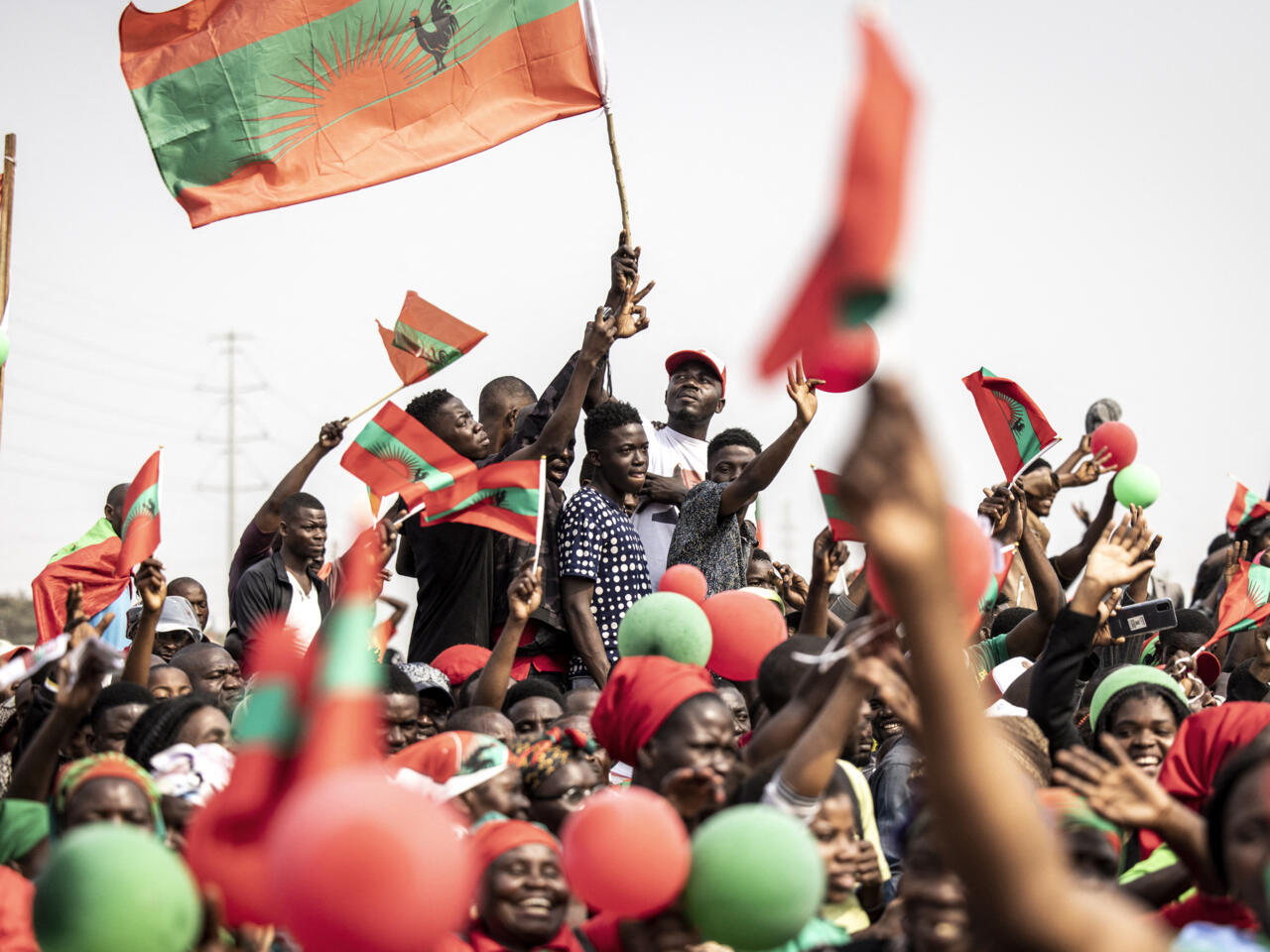
The 55th anniversary of Jamba Mineira’s elevation to municipal status offers more than a milestone in Angola’s administrative history—it is a moment to reflect on the region’s socioeconomic journey and ignite a vision for sustainable, inclusive, and resilient development.
During this landmark occasion, a lecture titled “Youth Entrepreneurship Opportunities in Jamba Mineira: Valuing Natural, Tourist, and Historical Resources for Local Development” highlighted the pivotal role young people must play in shaping the future of their hometown.
The event underscored the creativity, determination, and latent potential of Jamba’s youth, calling on them to become drivers of innovation and economic progress.
Jamba Mineira sits on a wealth of ecological, geological, and agricultural resources, many of which remain untapped. The lecture emphasized that transforming these assets into green businesses—ranging from ecotourism and sustainable crafts to agricultural byproducts—can create jobs, protect the environment, and deepen local identity.
As economist Ignacy Sachs noted, “the future of regions depends on their ability to foster a virtuous alliance between the economy, the environment, and social equity.”
The cultural and historical significance of Jamba Mineira, rooted in its role during the armed struggle and its scenic landscapes, was identified as a rich foundation for tourism entrepreneurship.
By developing historical circuits, guided tours, cultural reenactments, and eco-historical itineraries, the youth can convert heritage into economic opportunity, turning the municipality into a vibrant tourist destination.
Moreover, the preservation and promotion of Jamba’s collective memory were described as vital. Young people were encouraged to become custodians of their history—through museums, digital archives, and multimedia projects—transforming heritage into a powerful tool for social innovation and education.
Pierre Nora’s insight that “memory only has value when it is transformed into a place of identity” resonated deeply.
Addressing structural challenges, the lecture called for strengthening the entrepreneurial ecosystem through collaboration among municipalities, educational institutions, government agencies, and the private sector.
Providing access to microcredit, incubation, training, and infrastructure was framed as essential to empowering youth entrepreneurship.
The current classification of Jamba Mineira as a type C municipality sparked debate, with participants arguing that the town’s urban development, strategic potential, and vibrant community merit a reclassification.
As urban planning expert Carlos Matias Ramos pointed out, “fair territorial planning recognizes local potential as drivers of development and not as statistical obstacles.”
Above all, the youth’s desire to move beyond passive roles and actively shape their community was a recurring theme. Invoking Amartya Sen’s theory of human capabilities, the lecture highlighted the importance of offering young people freedom to innovate, lead, and create meaning.
Concluding with a call to action, the event framed Jamba Mineira’s 55th anniversary not merely as a celebration but as a starting point for transformative local development.
Echoing Nelson Mandela’s words, “today’s youth are the foundation of tomorrow’s future,” the lecture urged investment in education, confidence-building, and empowerment to secure a resilient and proud future for Jamba.
The next half-century beckons with promise—anchored by a youth who cherish their land, history, and potential, ready to make Jamba Mineira a national example of innovation and territorial pride.



